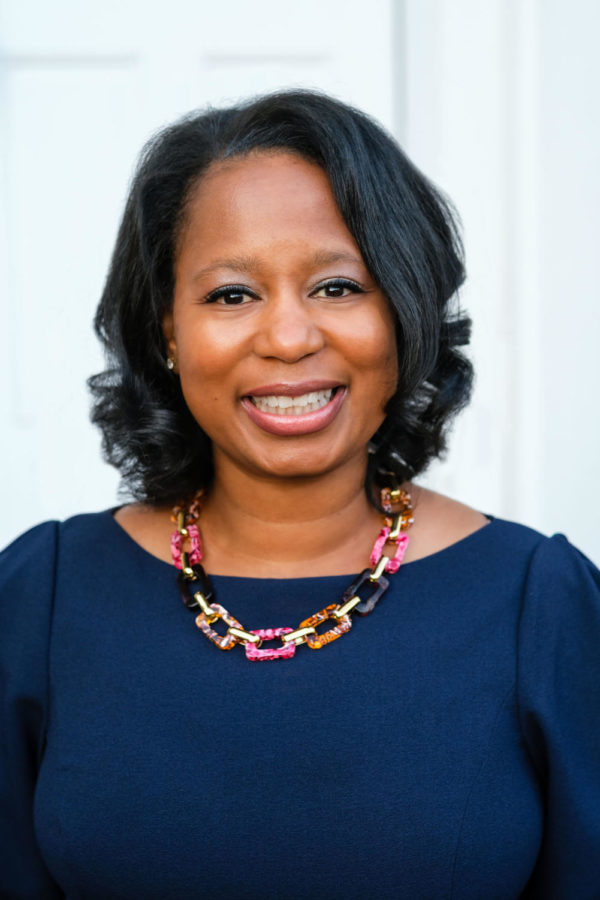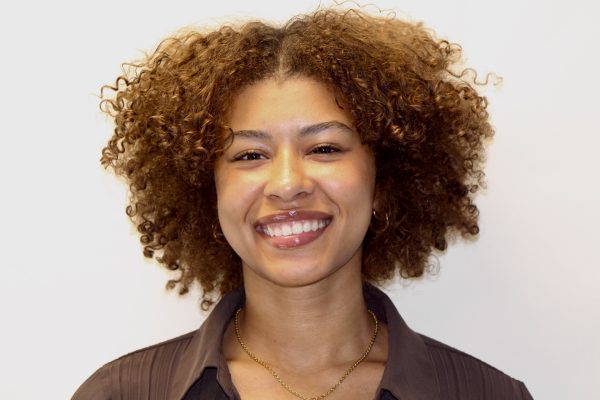The Health Risks of Being Black
Petronella Lugemwa of Petronella Photography
Tiffany Donelson. Photo credit: Petronella Photography http://bypetronella.com
April 6, 2022
Tiffany Donelson, president and CEO of the Connecticut Health Foundation (CT Health), spoke to Central Connecticut State University students on the injustices minorities face in the healthcare system at an African-Centered Approach to Wellness conference.
The day-long conference was held on Webex and featured over 20 speakers. Doctors, professors, therapists, and other researchers covered several health topics such as mental and spiritual wellness, health disparities, and developing institutions from an “African-centered” approach.
Donelson began her speech by differentiating between equity and equality, as CT Health focuses specifically on equity in the health care system.
“Equality is the state of being equal, giving everyone the same thing, equal distribution of resources,” she said. “Equity is about looking at where are gaps in disparity, ensuring that the resources that we have available are distributed based on need and differences in needs.”
According to Donelson, equity in health care can be achieved by collecting data on race to accommodate people of color’s needs, appropriate practices, and the correct treatments. She said that data is imperative to understand health care disparities, develop interventions and monitor data.
“We cannot improve what we’re not measuring,” Donelson said.
Donelson elaborated on health issues caused by low socioeconomic status and health issues caused by racism. She gave examples surrounding childbirth issues; Donelson said Black women with a college education or higher are still 1.6 times more likely to die from pregnancy-related causes than white women without a high school diploma. Similarly, Black mothers are three times more likely to die within six weeks postpartum.
Trends in infant mortality tell the same story: she said Black children die three times more often than white children.
“Income and socioeconomic status don’t tell the whole story for these disparities,” Donelson said.
Although Donelson and CT Health partake in extensive research, she emphasized the impact of civic engagement.
“We need to rewrite the policies that were written wrong for people of color,” she said.
Donelson said that members of the community who are eligible to vote can elect officials into office who are motivated to repair the broken system, and citizens who cannot vote have the right to petition and can educate others in their sphere of influence.
In a student-led discussion, when asked to address the impact that environmental racism has on health, Donelson focused on Hartford, the city where she works. She said stores that provide healthy foods are not accessible to Hartford residents. However, Donelson said that West Hartford, a bordering town, has excellent grocery stores and restaurants that sell nutritional foods.
She said that it is difficult to break such generational struggles as “it is very hard for people to ask for what they don’t know they deserve.”
She said that Black people are often born into a low socioeconomic status with limited access to resources, so they may not be aware of what they are being withheld from.




